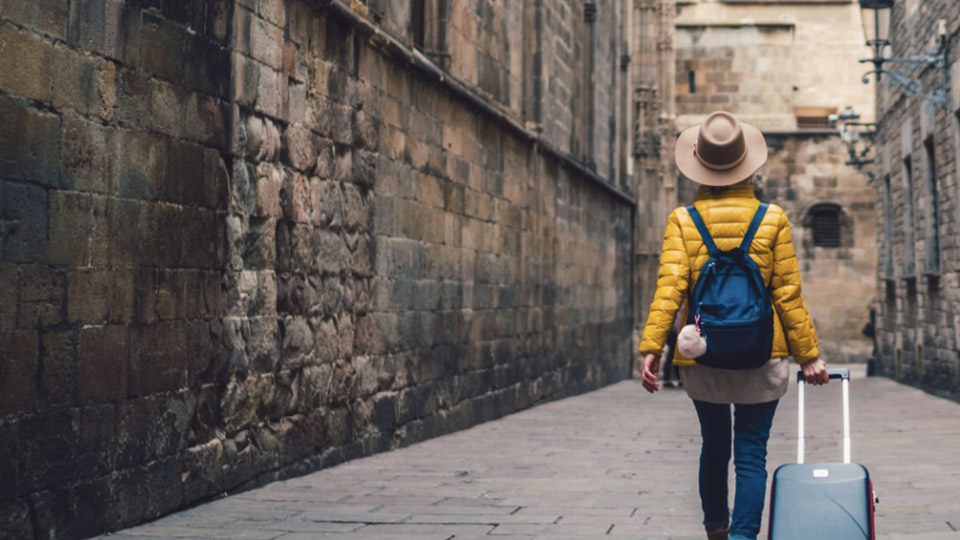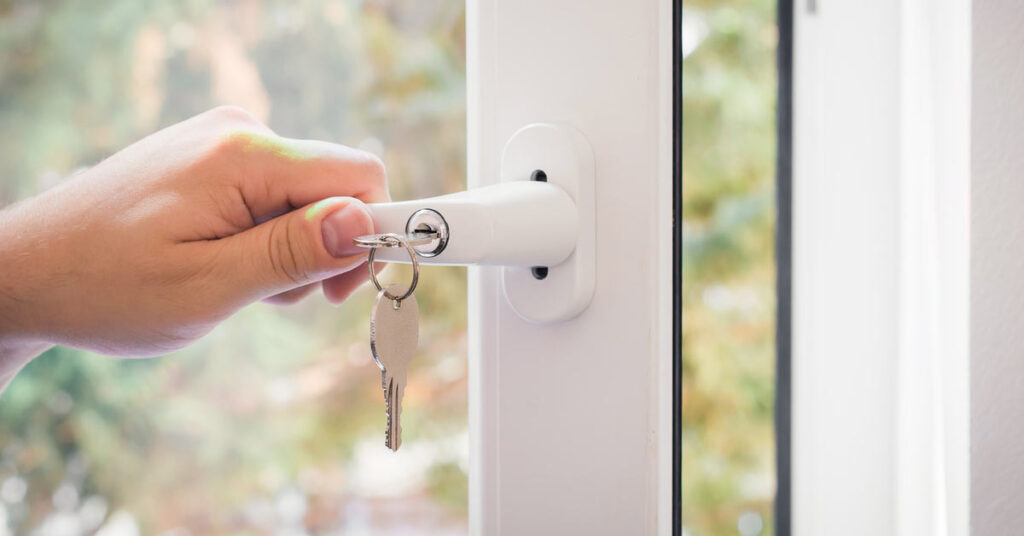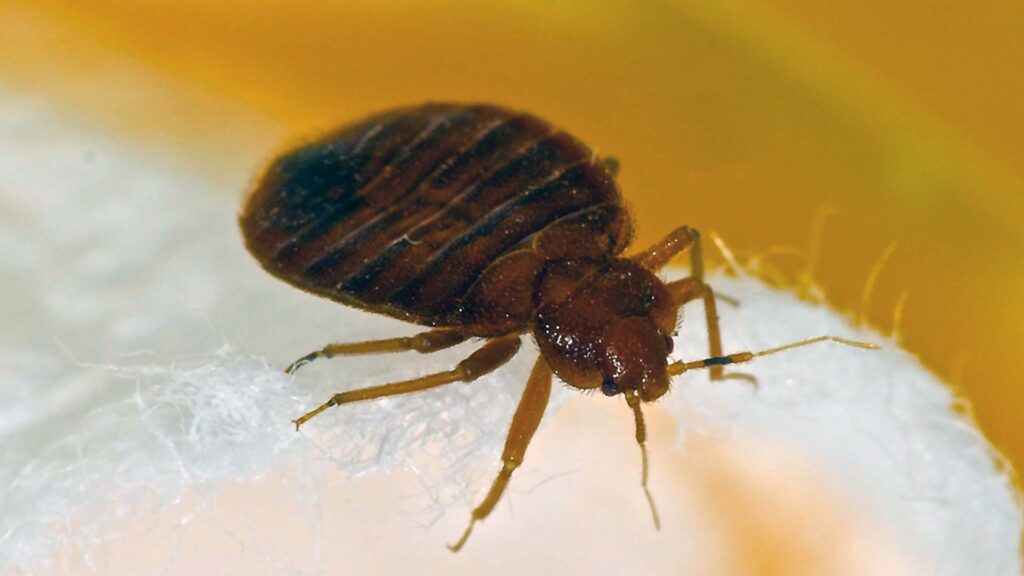If you have never been to Singapore, you should know that it is a country highly renowned for its extensive urban landscape and exceptionally low crime rate. Their picturesque and safe city however did not appear overnight, but instead is a result of the city-state’s comprehensive and rather stringent travel laws which allow them to maintain streets clean enough to eat off of. This along with maintaining order and safety.
From banning chewing gum to enforcing severe penalties for vandalism and drug offenses, Singapore has set clear and strict boundaries on behaviors that are deemed acceptable and undesirable. While seemingly intimidating, their laws are why Singapore is one of the safest countries in the world for both residents and travelers and is appealing as a top tourist destination.
So, as a tourist looking to spend some time in the area, understand that they take their laws seriously and have designed them to not only set standards for their public expectations, but as a reflection of their cultural integrity and environmental responsibility.
Singapore’s 2024 Do’s and Don’ts
| Do | Don’t |
|---|---|
| Bring mints, not gum | Litter or damage public property |
| Keep good hygiene…that includes flushing the toilet | Drink, smoke, or do drugs |
| Go to the Zoo, Chinatown, and National Museum! | Jaywalk, it’s not New York |
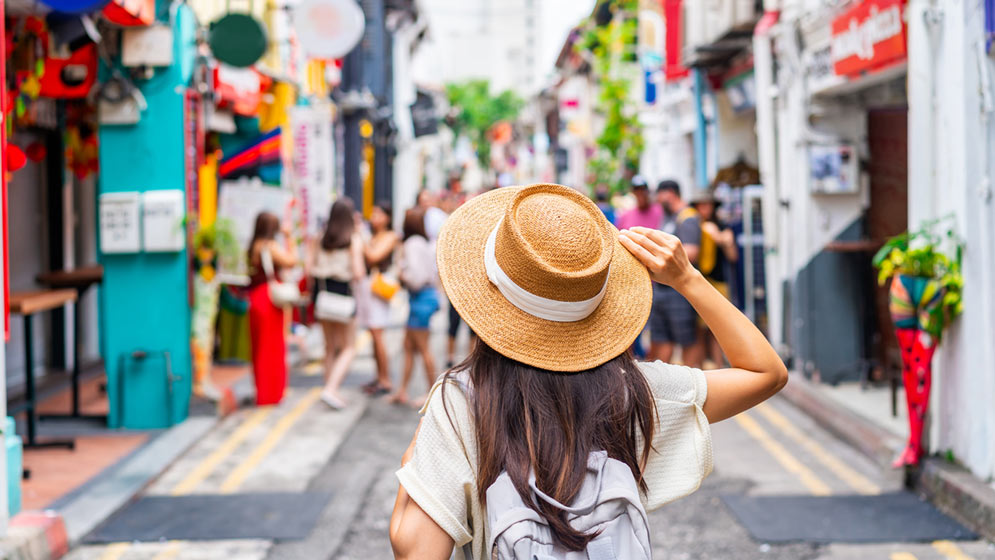
Now let’s take a look at some of the strict, the weird, and the unique laws that Singapore has implemented to make it what it is today:
Table of Contents
Gum and Littering
Does your breath smell bad? Maybe you need a stick of gum? Think again, in Singapore buying, chewing, or importing gum is very illegal. You are legally not allowed to bring it into the country and could face fines of at least $500. This law has been in effect since 1992, and was implemented in conjunction with many of its other strict littering laws. Note that importing gum, the penalties are much more intense and come with around a $7,000 fine or imprisonment for up to two years for just your first offense. For a second offense, you could be looking at 10 years in jail.
Along those same lines, do not litter in Singapore. If you have ever been before, you may recall the city being exceptionally clean. Well there’s a reason. The citizens take pride in their clean communities and it is a sign of respect. If you are caught littering, you could be fined anywhere from $730 to upto $7,000 according to various sources. That’s a lot for not putting your tissue in the trash! Can you imagine if you got caught spitting your gum on the ground….
Drug Offenses
Singapore enforces some of the strictest drug laws in the world. Trafficking certain amounts of drugs, such as more than 500 grams of cannabis, can result in the death penalty. Regarding possession and consumption, having even small amounts of illegal drugs detected in blood tests or found in possession can lead to long jail terms, such as 10 years for small amounts of cannabis, or even caning. If you have never heard of caning, it is a legally sanctioned corporal punishment that involves striking the offender’s buttocks with a rattan cane. Doesn’t sound too pleasant. Note that the law also applies to substances ingested before entering Singapore if they are still traceable in your system upon arrival.
Vandalism
Certain places may see graffiti as a form of expression or art. Singapore is not one of these places. Acts like spray painting a wall, damaging public property, or even pasting stickers in unauthorized places can result in severe punishments such as jail, fines, and caning. One example, a famous case involved an American teenager who was caned for vandalism in the 1990s, highlighting the strict enforcement of this law.
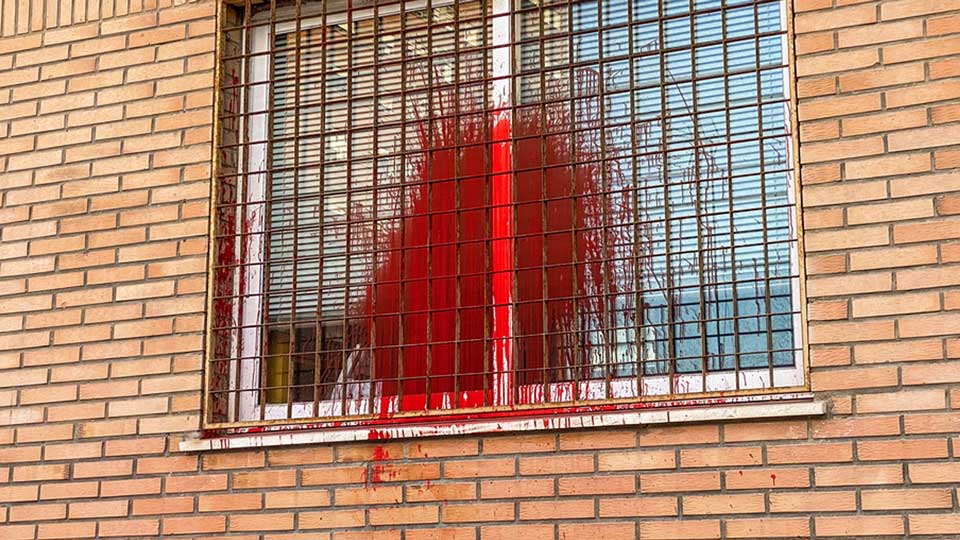
Smoking
Smoking is only allowed in designated smoking areas. Most indoor public places, certain outdoor areas near bus stations, and within five meters of building entrances are smoke-free zones. Violating these regulations can result in substantial fines up to hundreds of dollars.
Toilet Hygiene
How many times have you walked into a public bathroom and someone “forgot” to flush the toilet. Well, you won’t have to worry about that in Singapore. It’s a punishable offense not to flush public toilets after using them, but enforcement is typically done through random checks and public reporting. If caught, you’ll receive a fine and perhaps a smirk from the officer.
Jaywalking
Unlike New York where the pedestrian “always” has the right of way and walks with confidence, jaywalking in Singapore or crossing the street at non-designated spots can result in a hefty fine and is generally enforced when possible as it is part of their broader efforts to ensure safety and order.
Public Order
Assembly Restrictions: Public assemblies and protests are highly regulated. A police permit is required for any public demonstration, and unauthorized protests can lead to arrest.
Rationale: These laws are intended to maintain public order and prevent disruptions.
Spitting
Not only is it gross, but disrespectful. Spitting in Singapore in public is illegal as part of broader public cleanliness and health measures. You can be fined due to a disregard of public hygiene.
Alcohol Consumption
Have you ever been called the “Life of the party”? Well you might want to find a new nickname. Consuming alcohol in public places is banned from 10:30 PM to 7 AM, except in licensed premises. This law aims to reduce public disturbances and maintain social order. Similar restrictions apply to retail sales of alcohol.
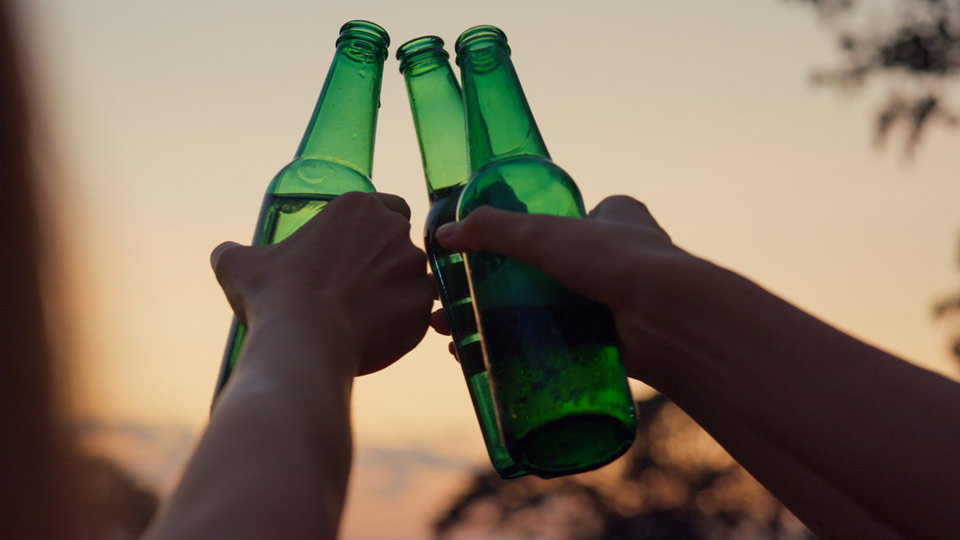
Importing Prohibited Items and Smoking
Items like firecrackers, obscene materials, and pirated content are banned. Importing these items can lead to fines, confiscation, or even imprisonment in some cases.
For smoking, there are very few areas where it is allowed outdoors and is almost completely banned indoors. If caught you could face fines between $100-800 dollars if it goes to court. Note that e-cigarettes are also banned for even possession.
Homosexuality
Note that while private consensual homosexual acts between males were recently decriminalized, promoting or publicly engaging in homosexual activities can still face legal challenges. This reflects the conservative social norms still prevalent in parts of Singaporean society.
Feeding Wildlife
If you see a cute animal, avoid it. It’s illegal to feed wildlife like pigeons and monkeys, which can attract fines. While strict, this law helps manage public health prevent animals becoming dependent on human-provided food.
Potential Punishments For Breaking Their Laws
In Singapore, follow the rules or else. In other words, penalties for disobeying their laws can be severe. While we have mentioned a couple, from fines to caning, here is an overview of the types of punishments one might expect for violating common laws:
- Fines and Citations: As mentioned, for minor offenses such as littering, jaywalking, or smoking in non-designated areas, fines are the most common form of punishment. However, these fines can be hefty in comparison to other countries, often reaching hundreds of dollars for a single offense.
- Caning: This is one of the more severe and internationally noted punishments in Singapore. This form of corporal punishment can be administered for more serious offenses such as vandalism, rioting, and certain immigration violations. Caning is a physically painful punishment that leaves permanent scars and is intended to serve as a deterrent.
- Imprisonment: For more serious criminal offenses, including drug trafficking, severe cases of theft, and other felonies, imprisonment is a likely outcome. Singapore’s laws are particularly harsh when it comes to drug offenses, with long prison sentences or even the death penalty for trafficking significant amounts of illegal substances.
- Death Penalty: Singapore retains the death penalty, which is applicable in cases of murder, certain firearm offenses, and for trafficking large quantities of drugs. This ultimate punishment underscores the city-state’s zero-tolerance policy towards these severe crimes.
- Deportation: Non-residents who commit crimes may be subject to deportation after serving their sentence or, in some cases, in lieu of a prison sentence. Once deported, individuals may also be banned from re-entering Singapore for a specified period or permanently.
- Community Sentences: For lesser crimes or first-time offenses, community sentences may be imposed. These can include community service, mandatory attendance at correctional programs, or being placed on probation.
Singapore doesn’t mess around and you won’t want to either. These measures could all be simply avoided by just understanding what rules they have in place and enjoying your time there without testing your limits.
Fun Things To Do in Singapore
Now that we have gone over what you can’t do in Singapore, let’s look at what you can! Singapore is a great tourist destination for a number of reasons from exploring nature, to history, and more. Here are just a few things you can do upon visiting the city:
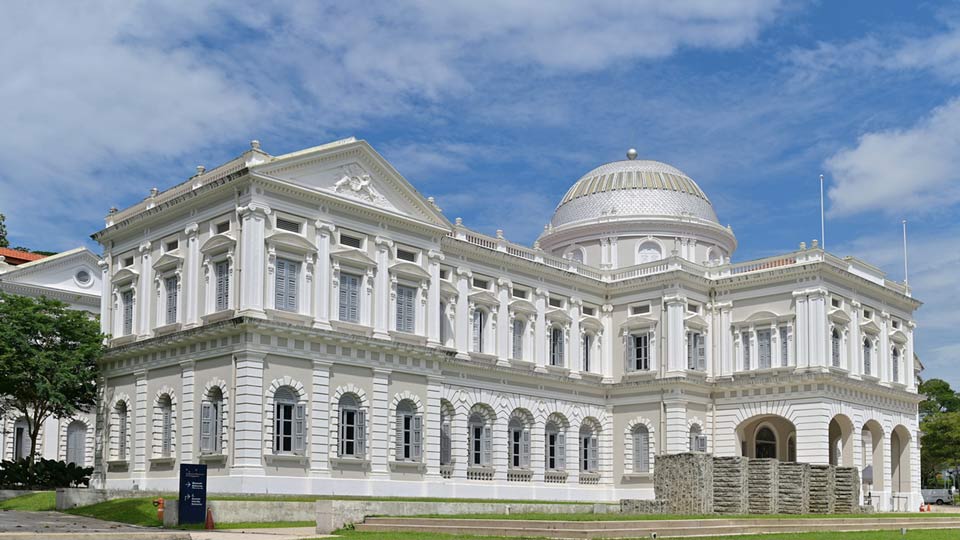
Gardens by the Bay
This futuristic park with giant tree-like structures offers skywalks over the gardens, vast biodomes, and nightly light shows, making it a must-visit for families and photography enthusiasts alike.
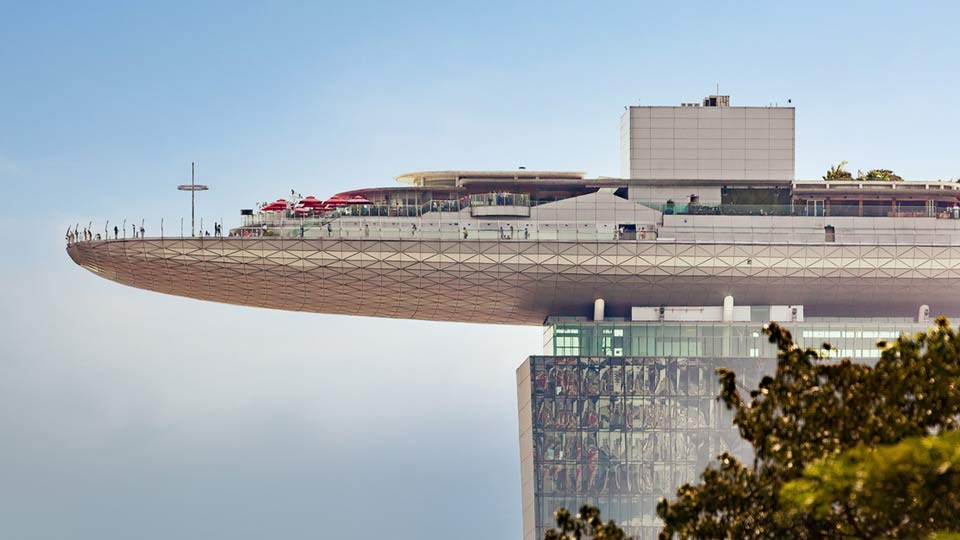
Marina Bay Sands SkyPark
Offering some of the best panoramic views of Singapore’s skyline, this iconic rooftop also features a world-famous infinity pool and luxury dining.
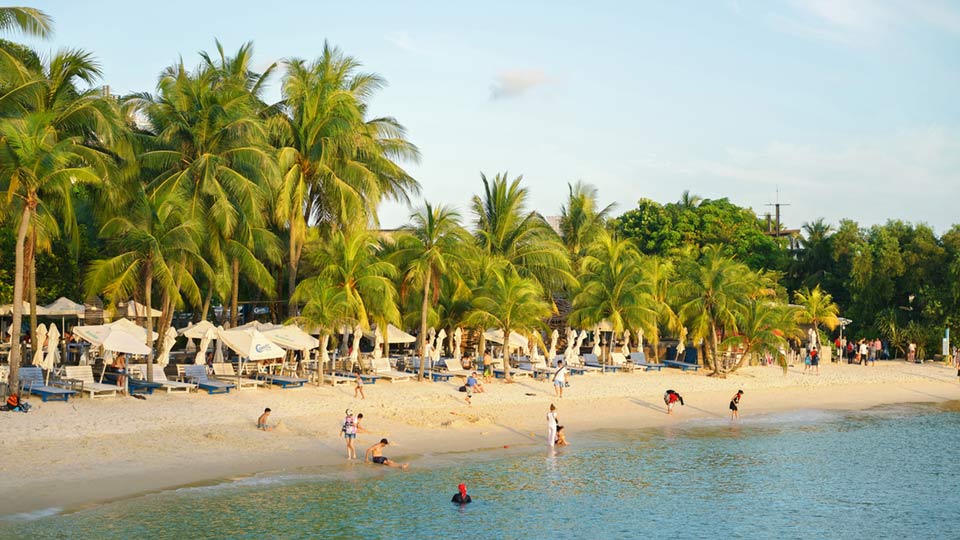
Sentosa Island
A resort getaway with beaches, Universal Studios, waterparks, and numerous hotels, Sentosa is perfect for a day of fun and relaxation.

Singapore Zoo
Known for its open enclosures, this zoo offers a unique experience with its Night Safari, River Safari, and a vast array of animals in settings that mimic their natural habitats.

The National Museum of Singapore
This architectural gem offers insights into Singapore’s rich history and is the largest museum in the city, featuring both local and international exhibits.
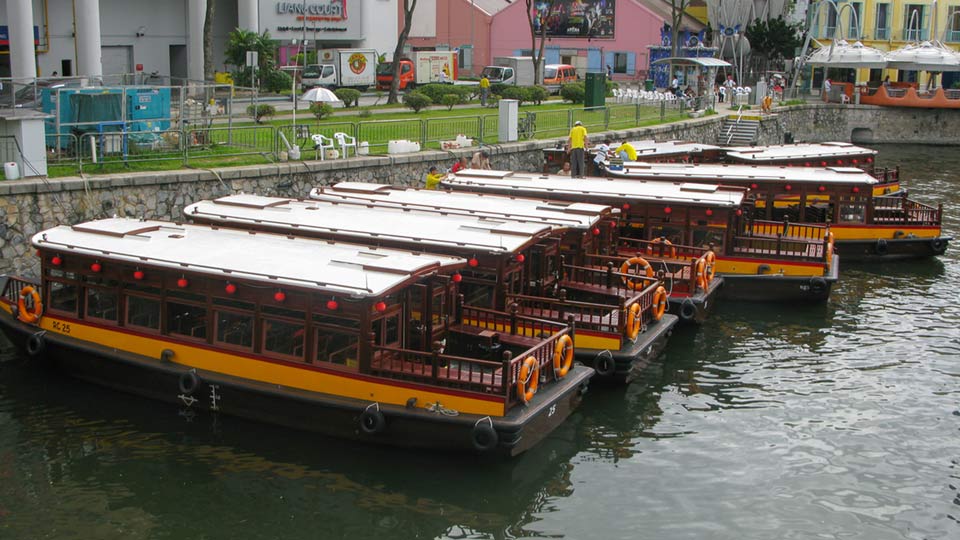
Clarke Quay
A riverside quay at the heart of Singapore’s nightlife, offering bustling bars, restaurants, and boutique shops. The area is also known for its stunning waterside promenades and historical landmarks.
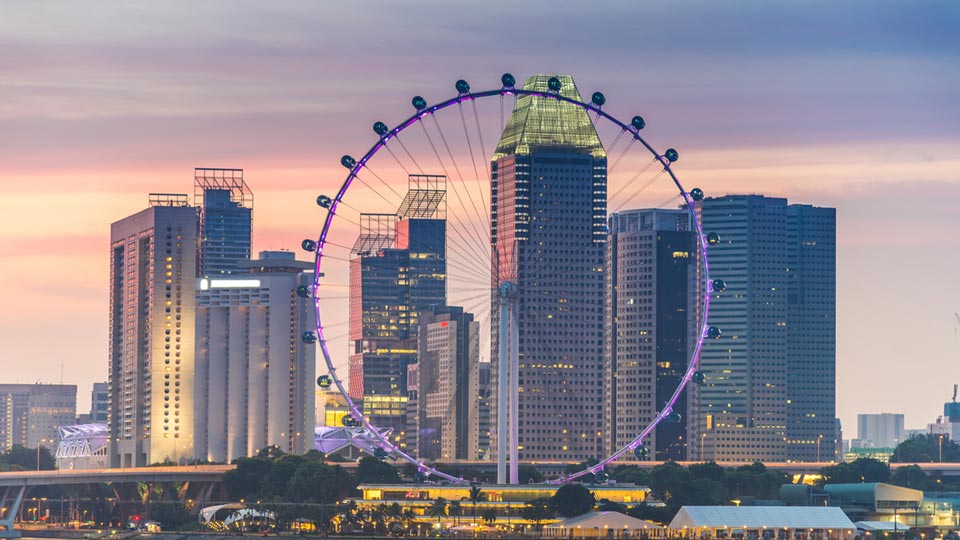
The Singapore Flyer
One of the world’s largest observation wheels, offering a 360-degree view of the city, and on clear days, glimpses into Malaysia and Indonesia.
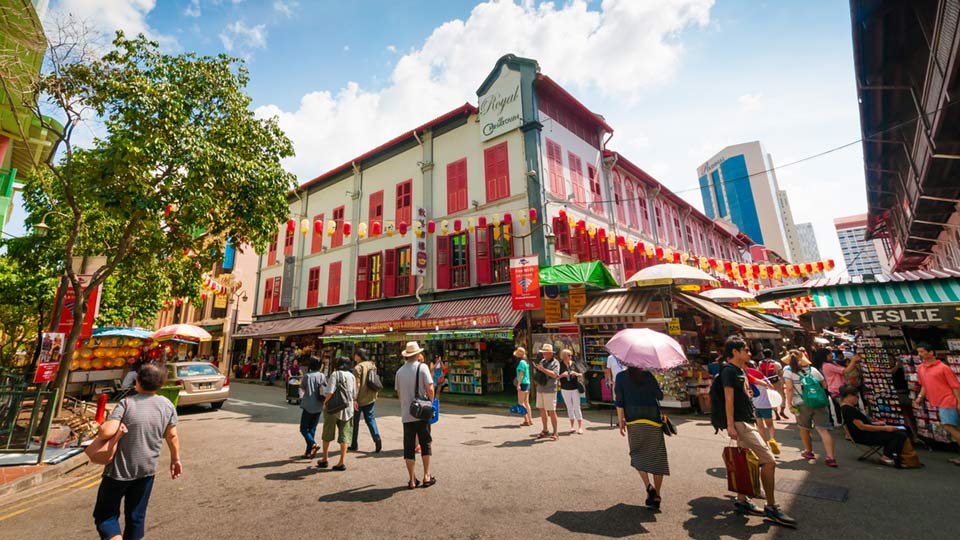
Chinatown
A bustling neighborhood with traditional Chinese markets, food streets, and culturally significant sites like the Buddha Tooth Relic Temple and Thian Hock Keng, one of the oldest Hokkien temples in Singapore.
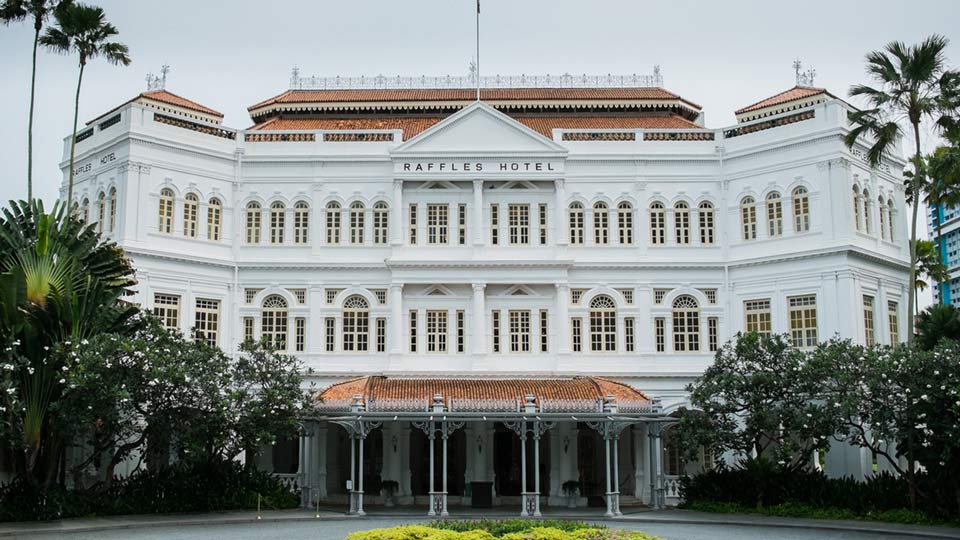
Raffles Hotel
A colonial-style luxury hotel known for its historical significance and its association with literary legends and famous personalities. It’s also the birthplace of the Singapore Sling cocktail.
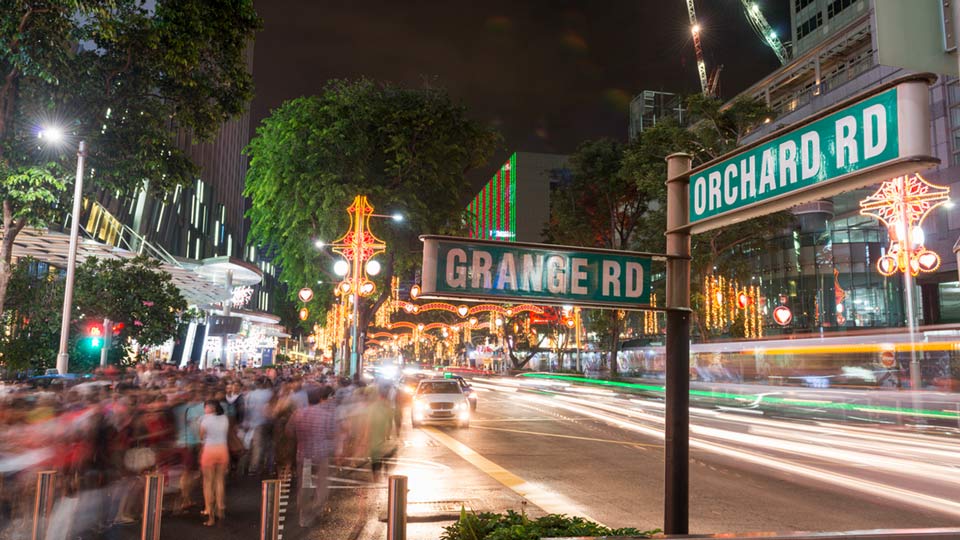
Orchard Road
A shopping paradise with numerous malls, luxury hotels, and dining options that cater to every taste and budget.
Our Top Travel Tips for Singapore
After all of this discussion about laws and punishments, we don’t want you to be scared of visiting Singapore. As we saw, it is a wonderful place to visit with so much to do! Along with understanding what laws to look out for, we want to help you be prepared, here’s a few tips to get you started.
First off, although Singapore has excellent public transportation, if you choose to drive, remember that traffic moves on the left-hand side. Pedestrians should also be cautious and always use designated crosswalks.
Moreover, while crime rates are low, always keep an eye on your personal belongings, especially in crowded areas such as markets, tourist sites, and public transport. Scams can happen anywhere, and some of the most common in Singapore are those involving overcharging or fraudulent dealings, especially related to unlicensed taxis or street vendors. Always check credentials and agree on prices before accepting services.
If you are checking out Singapore’s nightlife, it’s always a good habit to watch your drinks and be aware of your surroundings. Though incidents involving spiked drinks are rare, it’s always good practice to stay cautious. Moreover, you can keep a list of emergency numbers, including the local police (999), ambulance and fire services (995), and the nearest embassy or consulate if you do find yourself in a situation where you have been drugged or robbed.
Lastly, Singapore has a tropical climate, and it can be very humid with sudden rain. Stay hydrated and prepare for the day’s weather by checking local forecasts. Bring an umbrella, suntan lotion, and remember, it’s better to be over prepared than underprepared.
Take Away
Singapore’s stringent and somewhat unusual laws are not something to be scared of but rather embraced for understanding why they are one of the safest and cleanest cities globally. These laws contribute to the high standard of living and the overall sense of order and security, despite their sometimes excessive punishments. So, when traveling to Singapore, have fun, pack according to the weather, and leave the chewing gum at home.
Disclaimer
Content on this site is for reference and information purposes only. Do not rely solely on this content, as it is not a substitute for advice from a financial advisor or accounting professional. StaySafe.com assumes no liability for inaccuracies.


